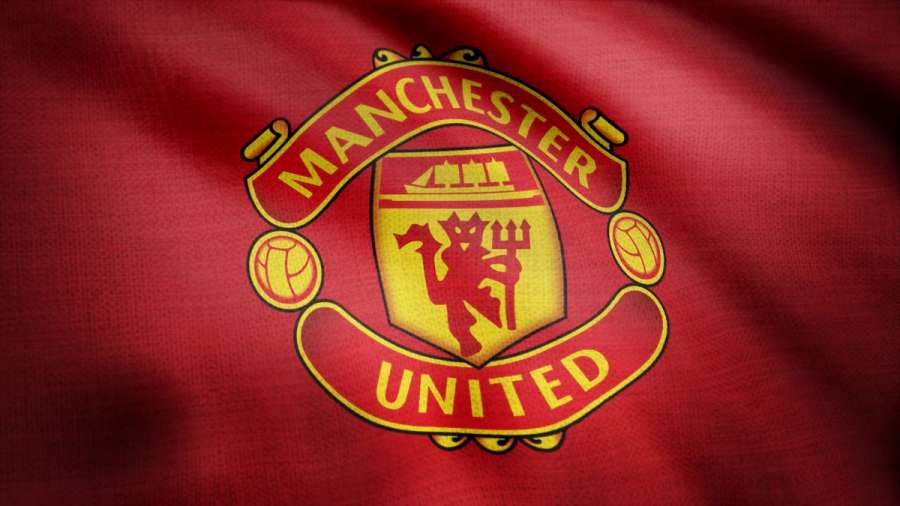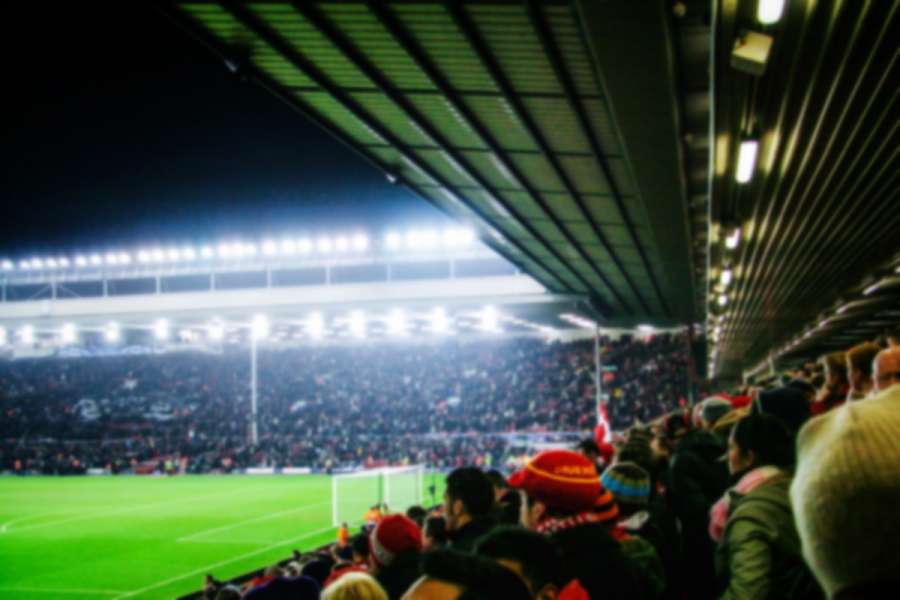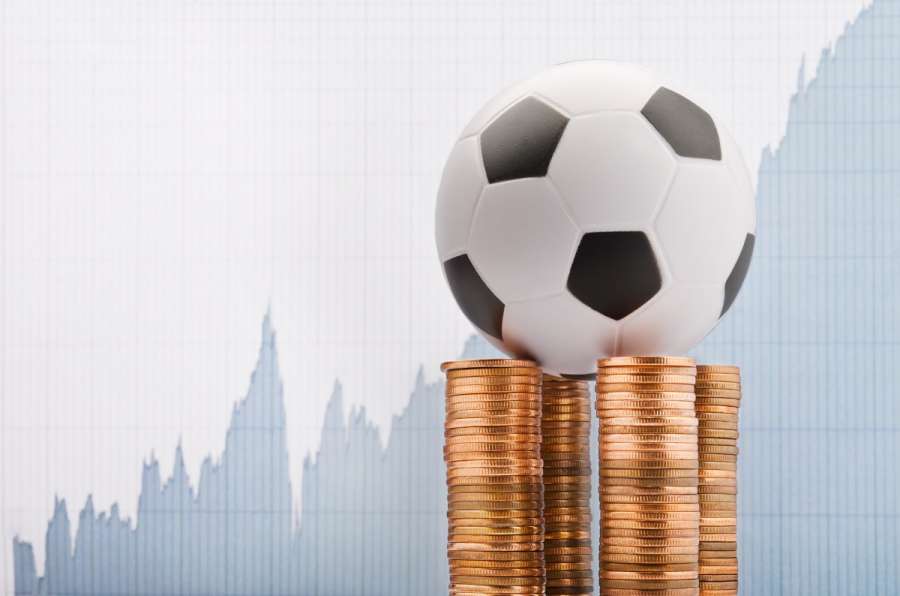Kit sponsorship agreements, such as that of the agreement between Man United and Qualcomm, must be carefully drafted.
Various key clauses and considerations involved in such contracts are detailed below.
For further details, especially with regard to other types of sponsorship agreements, please see last year's blog, "Sponsorship Agreements".
Interpretation
As with a vast number of contracts, a clear "Interpretation" section is paramount.
This would define the key terms to be used throughout the contract itself, such as the agreement's commencement date and the fee to be paid for the sponsorship rights.
Sponsorship rights
As well as the more obvious practical considerations, such as the logo on the shirt, sponsors may wish to include further obligations upon the club regarding commercial activities. This may include the use of brand ambassadors from the chosen club.
Also, sponsors should look to ensure that the club does not enter into any other form of partnership with any of their direct competitors (to avoid diminishing or undervaluing the sponsor's brand and the benefits of the sponsorship deal).
In terms of marketing, sponsors may seek to secure their brand's image away from just the shirts themselves and onto pitch-side perimeter boards and matchday programmes.

Right to negotiate a refund or reduction
There may also be a clause within the contract that provides for certain events which would oblige the parties to negotiate a refund or reduction in the sponsorship fee, such as if the club in question were to be relegated.
Such clauses can be as broad as simply referring to any material change to the applicable league's structure which negatively impacts the sponsorship rights' value.
These clauses can be countered by the club through the inclusion of provisions that allow for bonus payments to be made if the club achieves certain goals or criteria, such as reaching a certain stage of a specific tournament.
Matching rights clause
The contract should also set out details on the process to be followed for any future renegotiation or extension of the partnership.
For example, the sponsor may want to have the choice of extending the contract and securing the sponsorship rights if they match any future bid from another brand. Indeed, a matching rights clause was a key feature of the famous dispute between New Balance and Liverpool Football Club in 2019.
In this case, New Balance's sponsorship agreement with Liverpool afforded the former the right to match third-party offers as long as their offer was on "terms no less favourable" to Liverpool than "the material, measurable and matchable terms of such third-party offer".
In the event that this requirement, amongst others, was satisfied, Liverpool would have had to retain New Balance as its sponsor. After unsuccessful negotiations, Liverpool received a competing offer from Nike. New Balance argued that they could match Nike's offer, but Liverpool disagreed.
The dispute landed in the High Court, which found in the Merseyside club's favour.
A paramount consideration in the judgment was that the Court viewed the omission of celebrity endorsements from New Balance's offer, in contrast to Nike's offer (which referred to, for marketing purposes, the likes of Serena Williams and LeBron James), as significant, given that 'calibre' could be measured.
As a result, New Balance failed to present terms that were no less favourable than Nike's, which meant that Liverpool could enter into a new agreement with the latter. Fundamentally, this case highlighted the importance of specificity when drafting matching rights clauses.

Miscellaneous
Additional clauses that should be included in such contracts include those dealing with the length of the agreements themselves, a force majeure clause, a governing law clause and a jurisdiction clause.
Furthermore, it would be prudent to include a termination clause setting out events that would give rise to a right to terminate the agreement, as well as a clause detailing the effects of termination.





